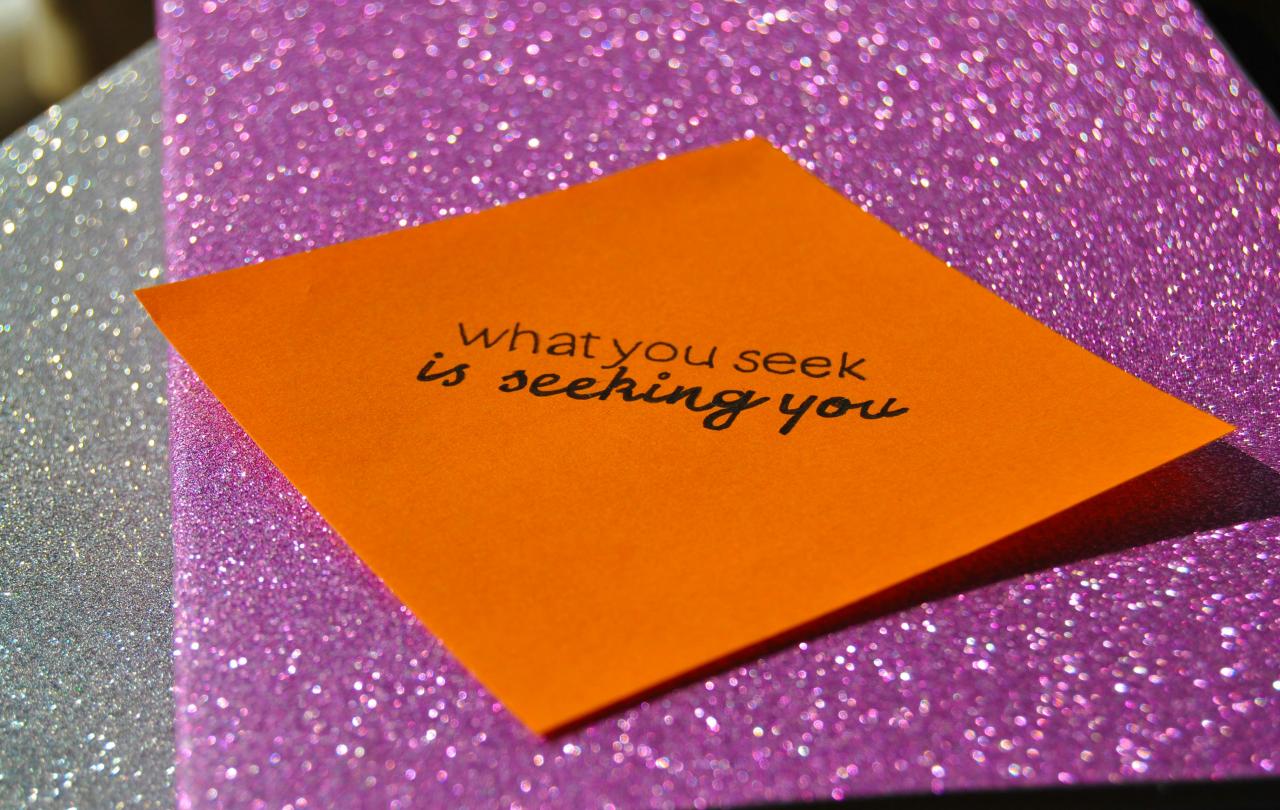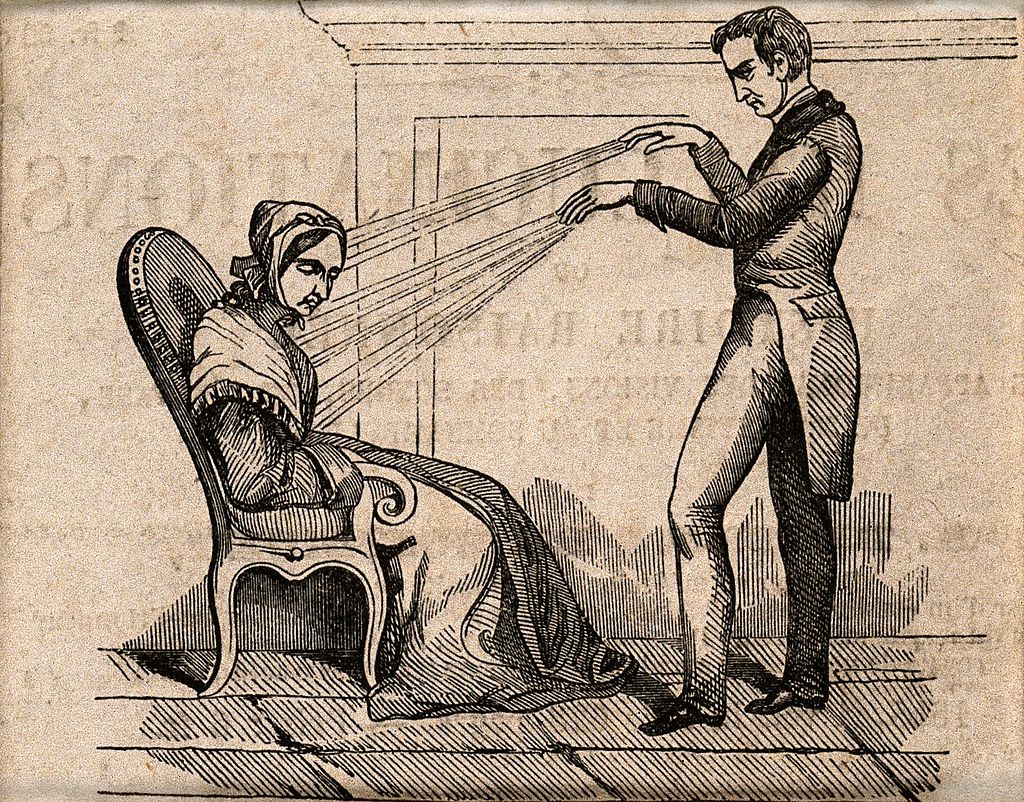
As we all know, Suella Braverman thinks the church is aiding and abetting bogus asylum seekers. The case of the Afghan migrant Abdul Ezedi, who carried out an acid attack on a woman and her children and reports that residents of the Bibby Stockholm barge were attending churches nearby has added fuel to the former Home Secretary’s charge that churches are naively supporting the asylum claims of immigrants to the UK. Everyone on the right of British politics seems to have weighed in to the issue, from Nigel Farage to Priti Patel, Robert Jenrick to Melanie Phillips. Now, even the left has joined in. Keir Starmer has indicated he would close loopholes for those who falsely claim conversion if he becomes Prime Minister (quite how he will do that is not explained).
I feel personally invested in this story. When I take confirmation services as a bishop, quite regularly these days, among the list of candidates, there will be Iranian or Syrian refugees who have apparently become Christians, waiting in line among the 12-year old schoolkids, the new parents who want spiritual help in bringing up their children and the elderly man approaching death who realises he needs do something he’s been putting off for years.
I have confirmed several Iranian refugees. I can’t look into their heart, or even my own to guarantee all of them were genuine converts. Yet I have seen their desperation to escape an oppressive regime, and although some may have started out coming to church to improve their chances of asylum, in the process some of them at least, have found, to their surprise, real faith. Several that I know have gone on towards ordination in the Anglican Church. If that is a ploy to get past the immigration system, it does seem to be taking things a bit far.
It’s hard not to think the attack on the church is some kind of retaliation for the bishops’ opposition to the government’s Rwanda scheme. But underneath this argument there are deeper issues at play.
The wrath of God is more severe than the wrath of Suella. And the generosity of God is wider than the Home Office.
This dispute is in reality another outbreak of the age-old tension between the Church and Caesar. In the early years of the church, Roman emperors never really understood Christianity and thought they could use it for the purposes of the Roman Empire just like they were used to doing with the pagan cults.
Yet the Christians had other ideas and higher loyalties. As Augustine put it, the loyalty of the church is ultimately to the City of God rather than the earthly city. And in time, they developed a careful understanding of the way the church related to the state.
So when it comes to immigration, the church will always take a different approach from the state. St Paul, in the very early years of the Christian Church, wrote: “Welcome one another, therefore, just as Christ has welcomed you.” In the very foundations of the Christian faith was this idea that even though we humans were moral and spiritual vagabonds, God has extended us a welcome into his presence. So woe betide any Christian who failed to welcome others into their fellowship if they wanted to join.
If the Christian life was a matter of imitating and displaying God's ways in the ordinary business of life, then hospitality became one of the core Christian virtues. As one early Christian writer put it: "Do not neglect to show hospitality to strangers, for by doing that some have entertained angels without knowing it." To risk offending an angel - a messenger of God – was a bad idea. The wrath of God is more severe than the wrath of Suella. And the generosity of God is wider than the Home Office.
Now of course such hospitality could be abused. The New Testament also has warnings about naively welcoming scoundrels who speak falsehood and lies: "Do not receive into the house or welcome anyone who comes to you... for to welcome is to participate in the evil deeds of such a person." So, the early Christians were told to be on the lookout for fakes, just like clergy today. Walk down a street with a dog collar and you are a magnet for people telling you that they have lost their wallet and could you give them the train fare to visit their dying mother in Newcastle. With their doctrines of sin and the deceitfulness of the human heart, vicars should know more than most that not every claim to charity is genuine. Yet that dose of realism always took place in the context of a presumption to welcome. To think the best of people not the worst. To give people the benefit of the doubt.
The state on the other hand has a different role. Later political theology developed more nuanced ways of putting it, but it goes back to St Paul’s claim that civil authorities are “God’s servants, agents of wrath to bring punishment on the wrongdoer.” It is their job to be suspicious, to investigate fully, to winkle out fake claims and to set proper limits, while tempering justice with mercy and be willing to welcome the genuine person in need. And wisdom is found in the tension between the two. It was always a mistake for the church to act like the state, being overly suspicious and critical. It was equally a mistake for the state to act like the church, being overly optimistic about all claims to asylum or innocence.
So, when asylum seekers turn up at church asking to be baptised, the local vicar should not act like an agent of the state, assuming they are all bogus, just wanting to fiddle the system. She must act out of loyalty to her faith which tells her to welcome the stranger. The immigration officer on the other hand, whether he happens to be Christian or not, has to play it differently. Of course, there needs to be proper scrutiny of people's application for asylum - that's why we have an immigration system and quite right too. But vicars are not immigration officers. Their job is not start out by doubting motives but to act out the welcome of God, even if it draws the ire of the Daily Telegraph. This is the way that church and state should work together, one reminding the other of the Kingdom of God - a whole different way of life where welcome and grace takes centre stage. The other, conscious of the human tendency to deceive, being rightly cautious.
Suella's problem is, at root, a theological one. She hasn't understood the way Christian faith works. She hasn't understood the relationship between the church and the state. And let's be honest, sometimes in the past, the Church has tried to play the role of the state as well, which is equally a mistake. There is an inevitable tension in this relationship, where sometimes the church will believe the state is being too harsh, or the state will believe the church is being too soft, as we have seen in recent times. But it's one of those creative tensions where each side needs the other.
Perhaps in other, wiser ages, we understood this delicate balance between church and state, and the careful work that went into defining their relationship. Maybe it's time to recognise the role that each plays, not just for the sake of a healthy social life, but for the sake of those people who come to our shores desperately seeking a new life – whether with good motives or bad.






